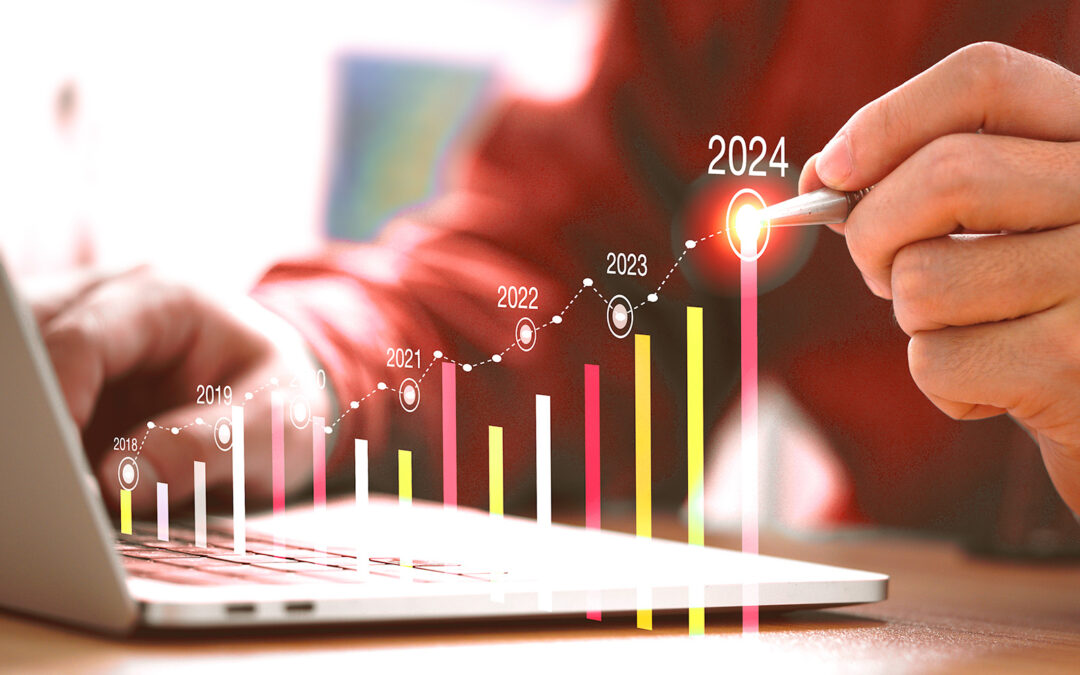Reflecting on conversations with clients back in 2018 and comparing them to current observations in 2024, I was intrigued by the contrasting key drivers influencing the work environment. I’d like to share these insights with you through a detailed comparison.
- Rewards and Recognition: In 2018, a blend of monetary and non-monetary rewards defined employee appreciation – gym memberships and car parks come to mind. Fast forward to 2024, where management now grapples with the delicate balance between employee connection to culture and values, workplace flexibility, and the mounting pressure for performance and promoting presence.
- Management and Leadership: 2018 highlighted the importance of strong relationships with managers. Today, employees seek connection to culture and values, while managers find themselves navigating the thin line between fostering a sense of belonging, and meeting business targets and expectations.
- Workplace Culture: The vibrant culture of showing up every day in 2018 has evolved into a hybrid work environment. This shift towards flexibility extends beyond office-based employees, with frontline workers seeing similar benefits through shift flexibility.
- Organisational Focus: From focus on market position and brand in 2018, organisations now place an even greater emphasis on employee wellbeing, purpose, and team focus.
- Opportunities for Employees: Career development and continuous learning marked 2018. In 2024, the focus has expanded to upskilling and internal promotion, and health and wellbeing, while acknowledging post-pandemic trauma and stress in the workplace.
- Diversity, Equity, and Inclusion (DEI): While 2018 saw the strong promotion of quotas and other Diversity and Inclusion initiatives, 2023 witnessed a fervent push for true equity and equality. Interestingly, these initiatives may be seeing less uptake in 2024 due to the greater pressure to deliver results.
- Post-Pandemic Impact on Graduates: Today’s graduates find the contemporary workplace more challenging due to the disruptive impact the pandemic had on on-boarding. It has meant that crucial business and workplace norms and behaviours were not observed, leaving this cohort facing challenges in adapting to the evolving professional landscape.
- The Surge of AI: The widespread integration of AI has ushered in both promising opportunities for business development and consequential threats. While AI enhances efficiency and innovation, concerns loom over the potential erosion of human interaction, bias and potentially missing intangible attributes such as courage, creativity and connection within the workforce.
A workplace metamorphosis from 2018 to 2024 is clearly evident. Organisations must adapt to the evolving dynamics, striking a balance between technology and human skills, fostering inclusive cultures, and addressing the wellbeing of their workforce whilst at the same time, delivering on results. Share your thoughts on how your workplace has evolved and stay tuned for more insights into future workplace trends.

Bill Sakellaris has a long and reputable profile in executive search spanning 25 years. His prime focus is on securing CEOs, ‘C’ suite executives and senior professionals across a broad range of sectors including industrials, property, infrastructure and professional services. Bill is the Managing Director of TRANSEARCH Australia and Regional Vice President – Asia Pacific of TRANSEARCH International. Read more…


